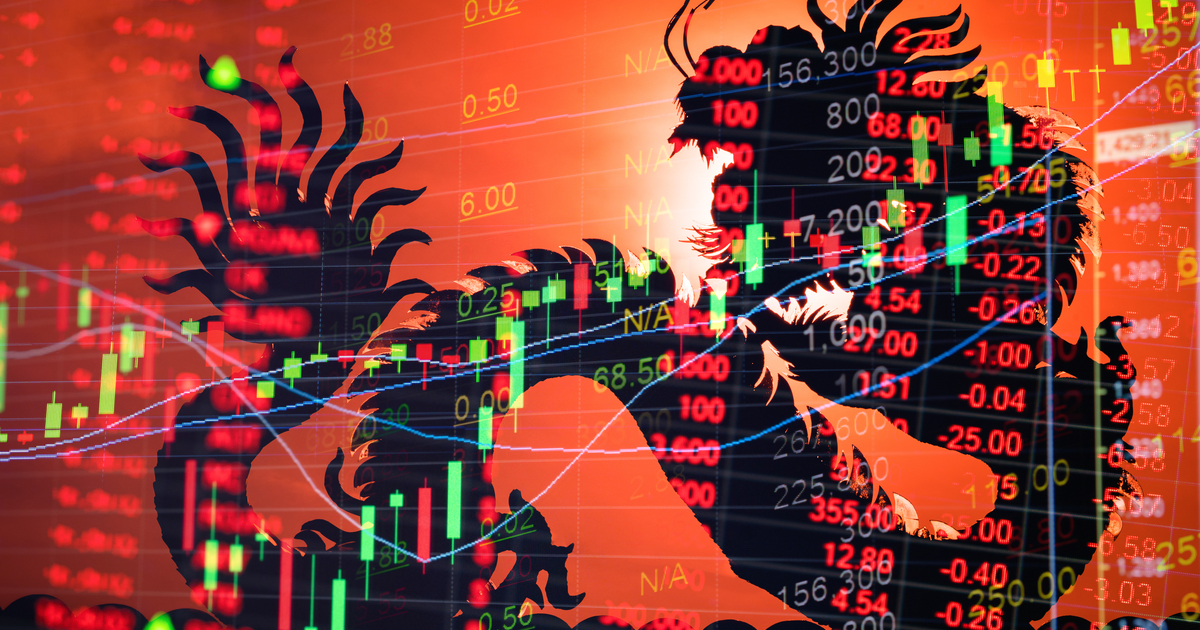Is China facing a balance-sheet recession?

The damage to business balance sheets resulting from China’s latest COVID-19 pandemic approach has given rise to the possibility of a balance-sheet recession that could take years to unwind, according to global investment manager, Insight Investment.
Insight Investment portfolio manager, Harvey Bradley said that while it was still unclear how long it would take for the balance-sheet damaged caused by China’s pandemic response to normalise, it raised the possibility of a balance sheet recession.
Insight characterised a balance-sheet recession as being a recession driven by high levels of private-sector debt rather than fluctuations in the business cycle. It is characterised by a change in private sector behaviour where debt repayment is prioritised above spending and investment, which ultimately leads to slower growth.
“We do not believe that China is in a balance-sheet recession at this stage, but the risks are meaningfully higher than they were just a few years ago,” he said. “If a balance-sheet recession were to occur in the short to medium term, trend growth should be sufficiently high to keep aggregate growth in positive territory, but it could result in a prolonged period of sub-trend growth.”
Bradley said that if policymakers became concerned that a balance-sheet recession was occurring, they had plenty of room to cut interest rates and would likely take rates closer to the lower bound.
“The Peoples Bank of China has a more complex monetary toolbox than most other central banks and would be almost certain to utilise unconventional policy tools to help maintain asset prices, reduce debt or repair balance sheets across the economy, if necessary,” he said.
“The broader shift in political priorities from growth first to a more ideologically driven position is perhaps a recognition that the natural rate of growth is declining, and that high-quality growth is more important than growth alone.”
“The high level of debt within the economy is likely to become a headwind for growth in the years ahead, with ever greater amounts of new debt needed to generate each unit of incremental growth.”
“Most leverage is concentrated in the corporate and local government sectors. Debt at a central government level is low relative to GDP, but a significant proportion of corporate debt is issued by state owned enterprises (SOEs).”











Is it not a cost of completing the transaction? Why should it be removed from any analysis, applicable govt charges…
Misleading figures. We’d have millions and millions removed in our client base with LS. Almost 100% came straight back in…
Financial planners, you know exactly what will happen next. Get your wallets out- Cslr bill coming your way!
Another day and yet another shouty SMC story running about trying to push regulators to enter union super into Australian…
These funds should be a lot more concerned about their investment returns, which are starting to look very sick. Waiting…